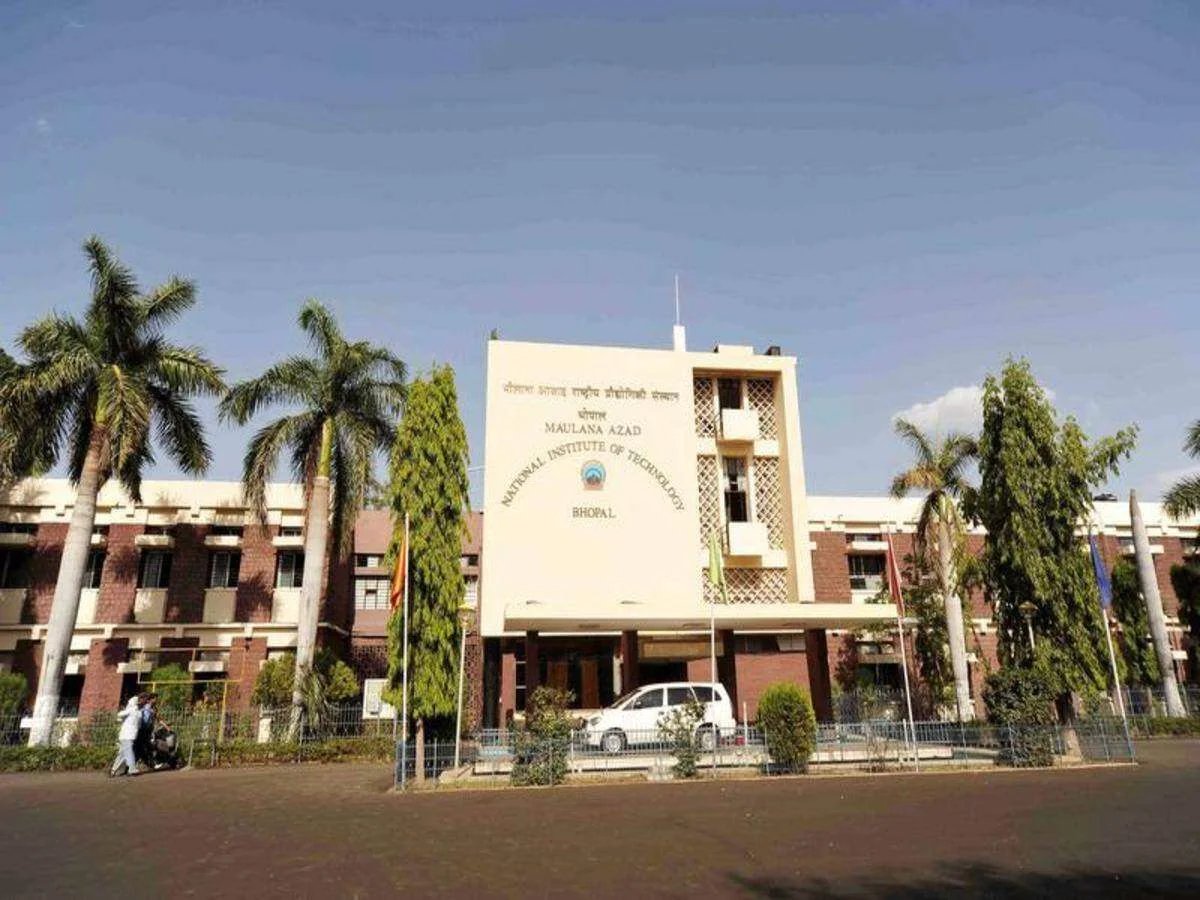Bhopal (Madhya Pradesh): Chandrayaan-3 Mission project manager Madhavi Thakre, director of Indian Institute of AstroPhysics Annapurni Subramaniam and chair professor, Centre for Rural Development and Technology, IIT, Delhi Anushreee Malik were among the women scientists who were in the city on Saturday to take part in national conference and expo Stree 2024 at Maulana Azad National Institute of Technology in collaboration with SHAKTI. Free Press talked with them.
Excerpts :
Collaborations yes, dependence no

Dr Madhavi Thakre, Space Applications Centre, ISRO, Ahmedabad |
India is becoming self-reliant in space technology. We are launching satellites for other countries. We do have collaborations with space agencies with other countries but we are not dependent on them. The success of Chandrayaan-2 Mission has generated interest in young women to work for ISRO. Their number is up by at least 20%. Women form around 16%-20% of ISRO workforce. As an organisation, ISRO is gender-neutral. Women scientists get no special privileges. If my male colleagues work for 16 hours and reach home at 4 am, I too do the same. These days, I am working on TRISHNA, an Indo-French collaboration for monitoring temperatures globally. -Dr Madhavi Thakre, Space Applications Centre, ISRO, Ahmedabad
Science researches don’t benefit people directly

Prof Annapurni Subramaniam, director, Indian Institute of Astrophysics, Bengaluru |
My contribution to understanding how stars develop won me Vigyan Shri Award for 2024. Research in fundamental sciences does not have a direct connect with everyday life. They may be of practical use in long term. For example, solid state cameras were developed 40 years back for astronomical studies. At that time, they were special and expensive. Today, all mobiles have solid state cameras. It is difficult for scientists to persuade governments to fund projects with no direct benefit to people. For instance, we have been using a solar observatory at Kodaikanal for 100 years. We have now located a better place for it in Ladakh. But building it will cost Rs 500 crore. We are trying to get funds for it. -Prof Annapurni Subramaniam, director, Indian Institute of Astrophysics, Bengaluru
Industry-lab joint projects

Dr Anushreee Malik, chair professor, Centre for Rural Development and Technology, IIT, Delhi |
We have developed capsules and tablets, which contain microorganisms that can remove textile dyes and colours from water and make it colourless. That is very useful for textile industries as it would allow them to treat water for reuse and for releasing it in water bodies. Such industry-lab joint projects help us work on projects that are useful for industry. As a woman, I don’t think rural women are less empowered than urban women. They are empowered in their own way. In some respects, I feel it is now time to talk about empowerment of men. I know many young men who are unwilling to marry because they feel that they will not be able to sustain their marriages. Marital disputes, divorces are growing. In many cases, women have an upper hand. -Dr Anushreee Malik, chair professor, Centre for Rural Development and Technology, IIT, Delhi
